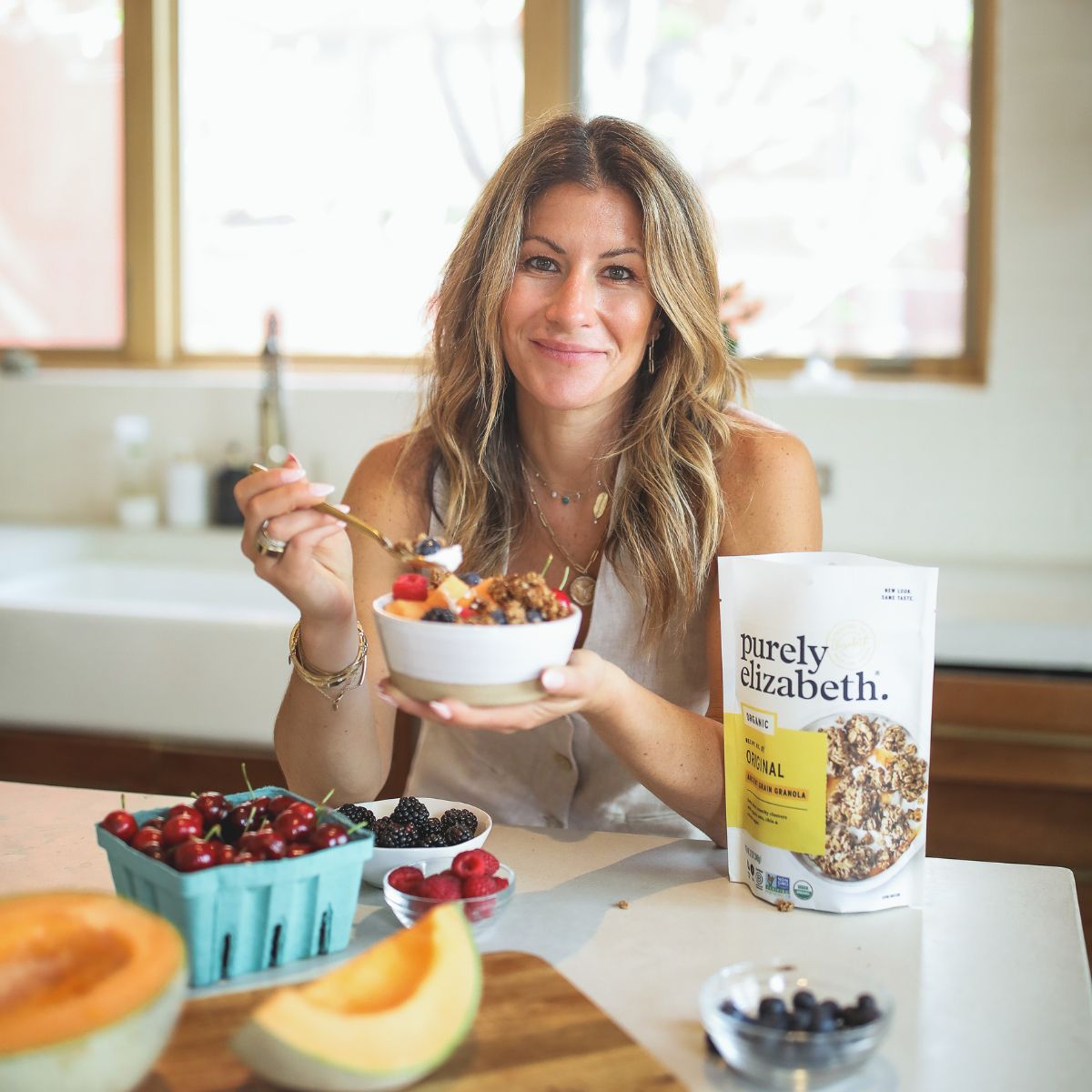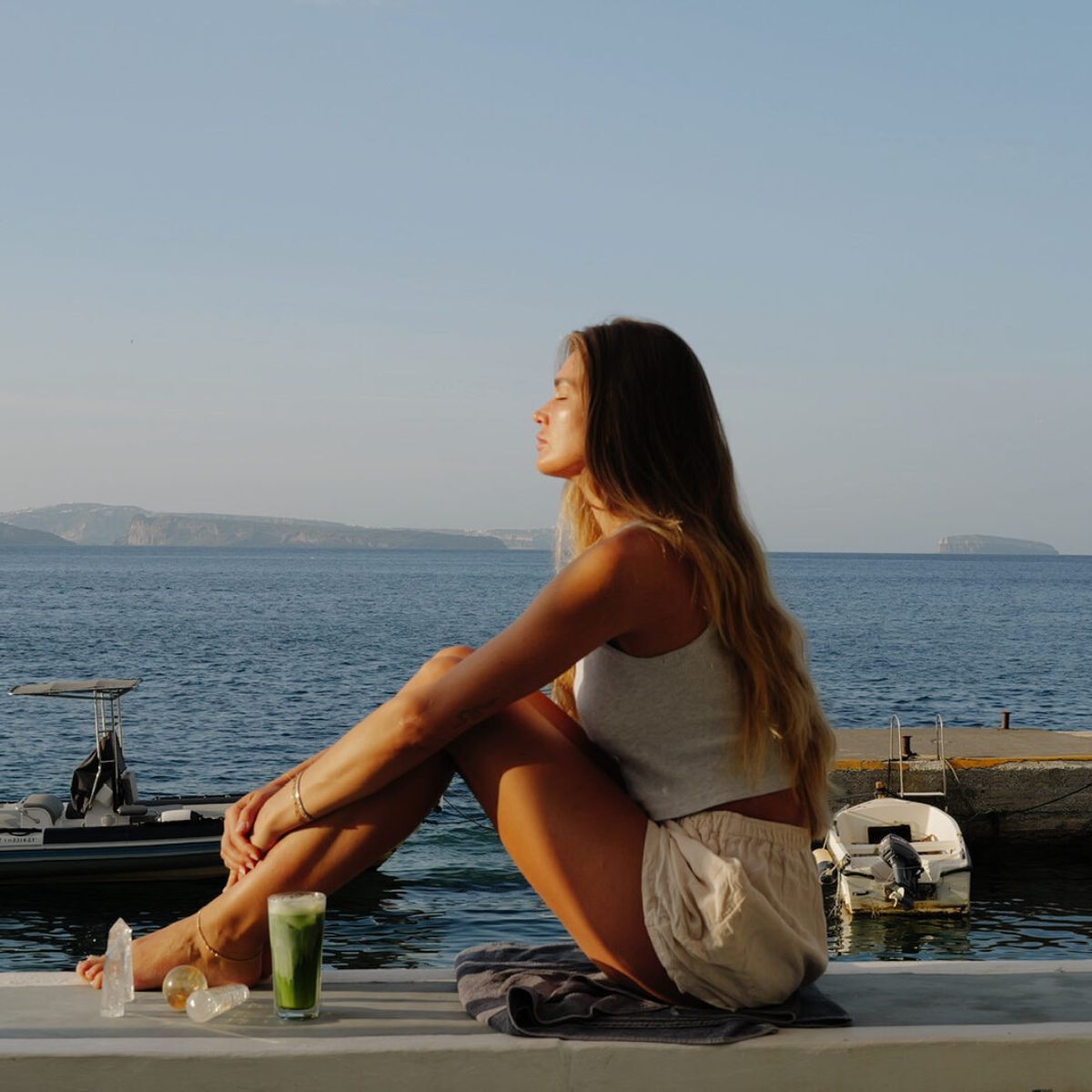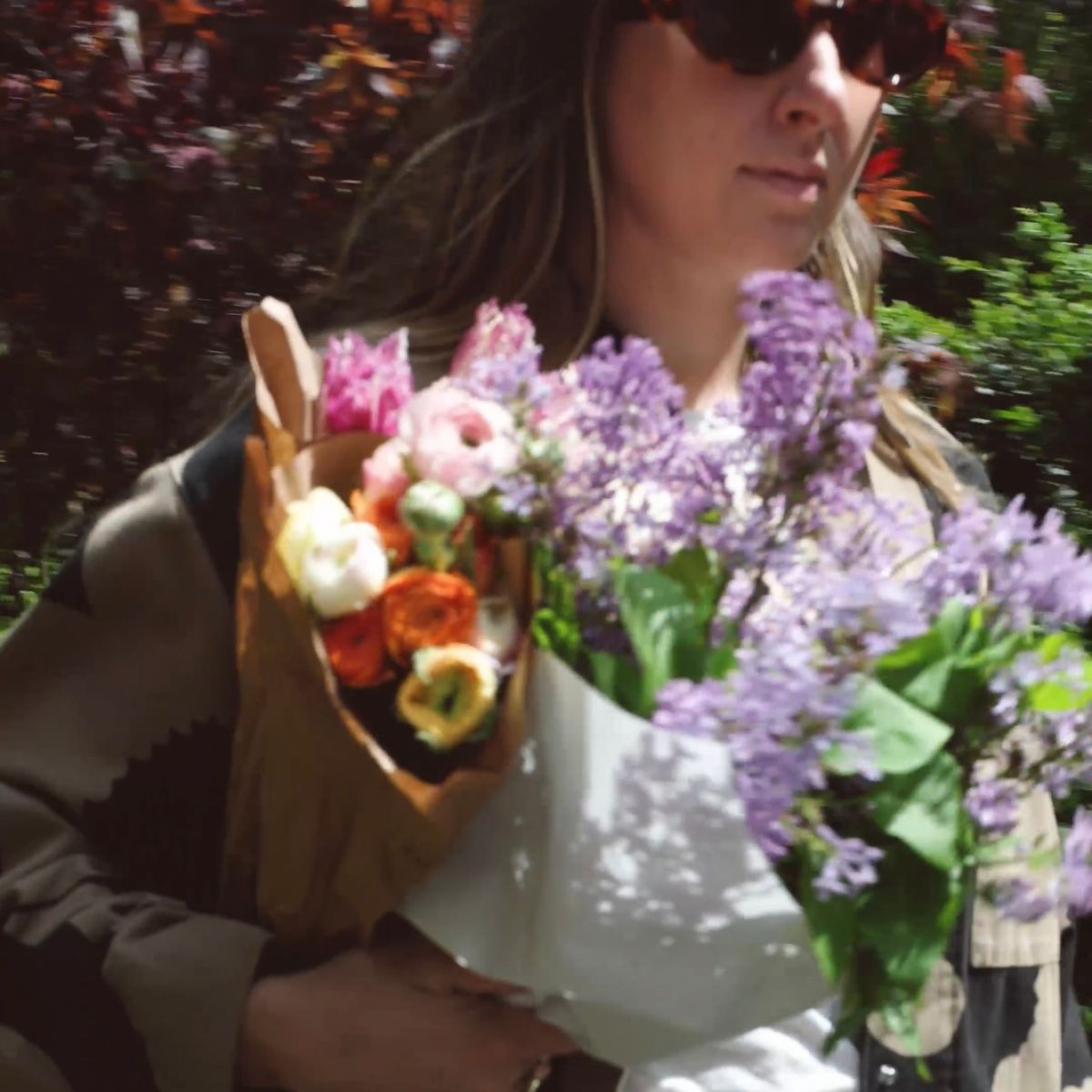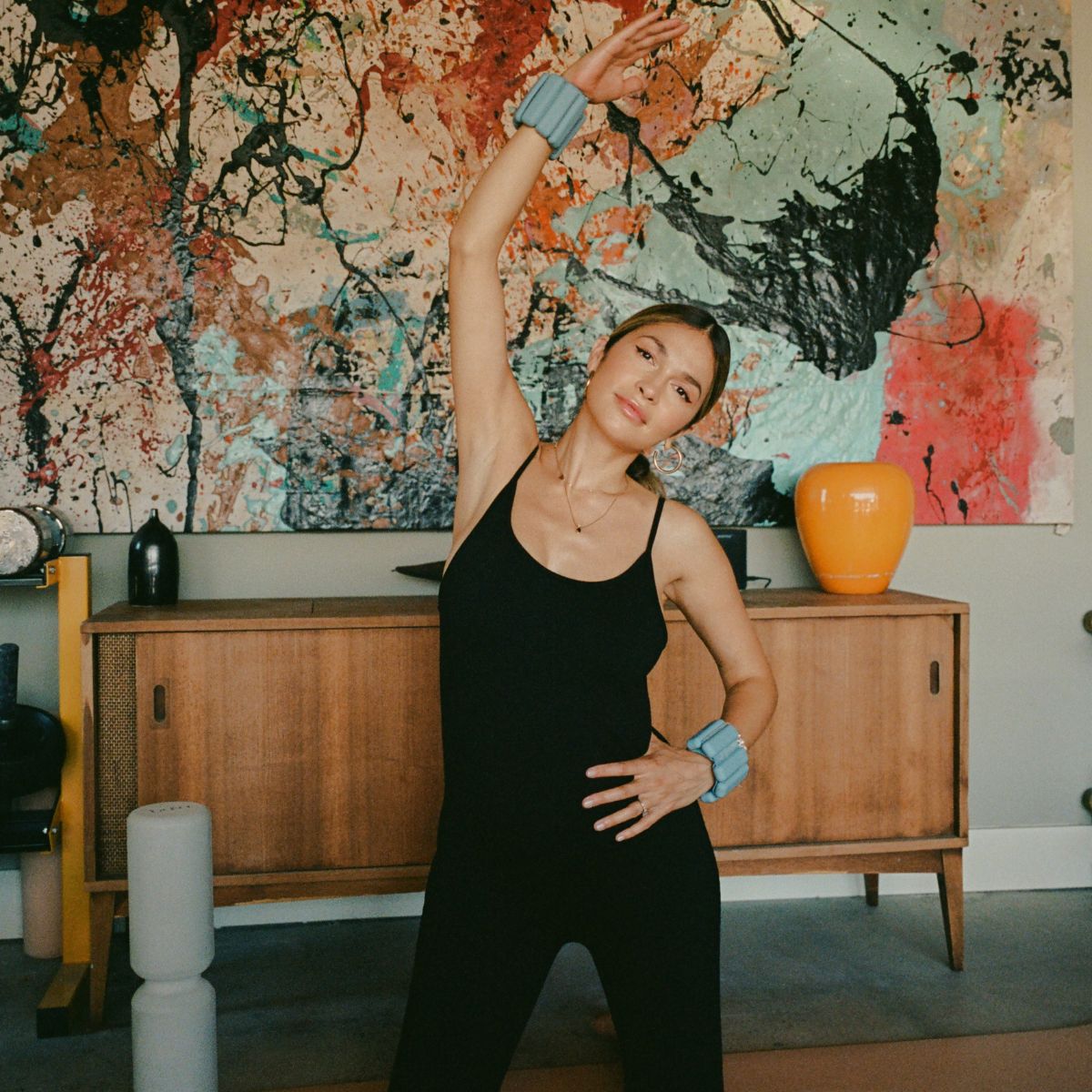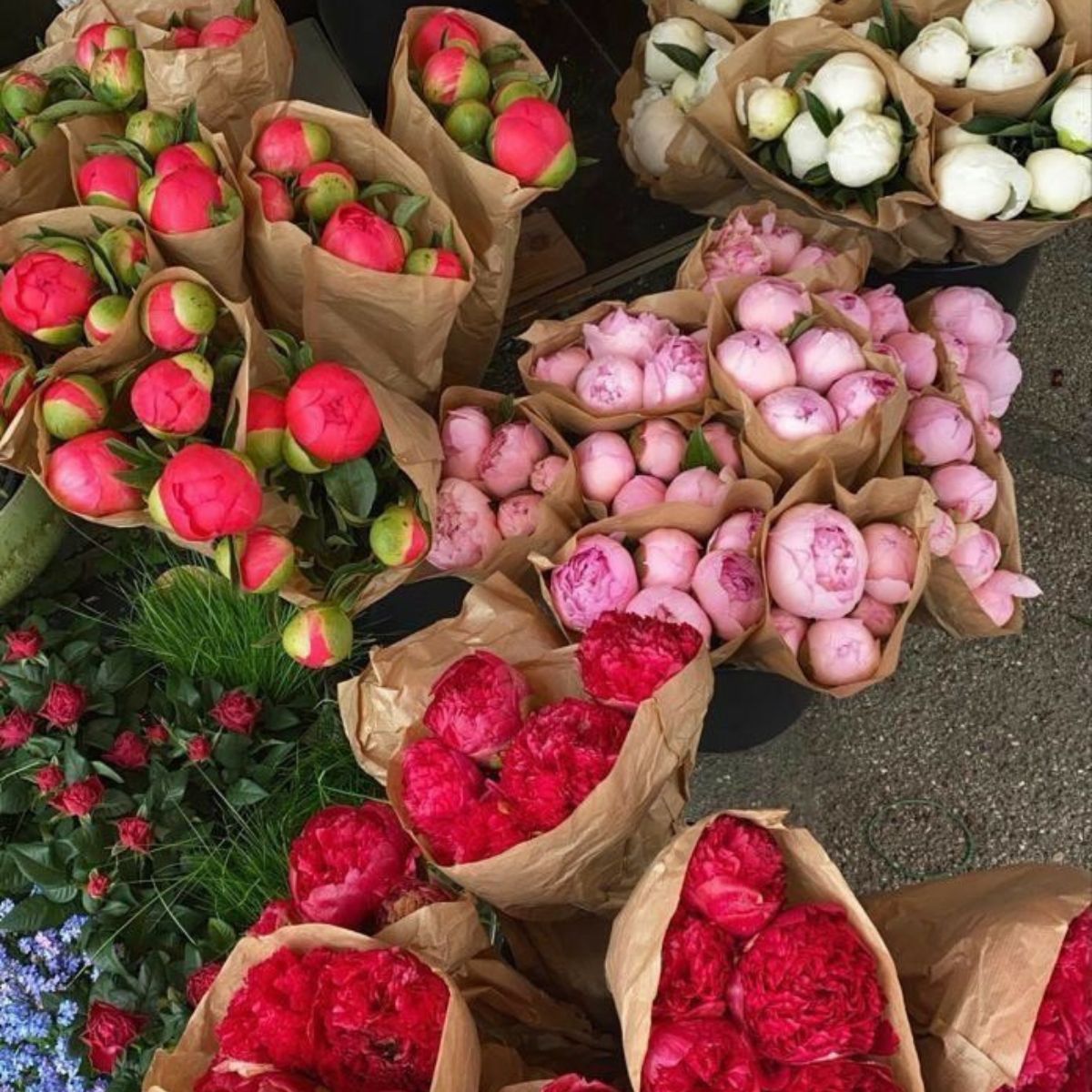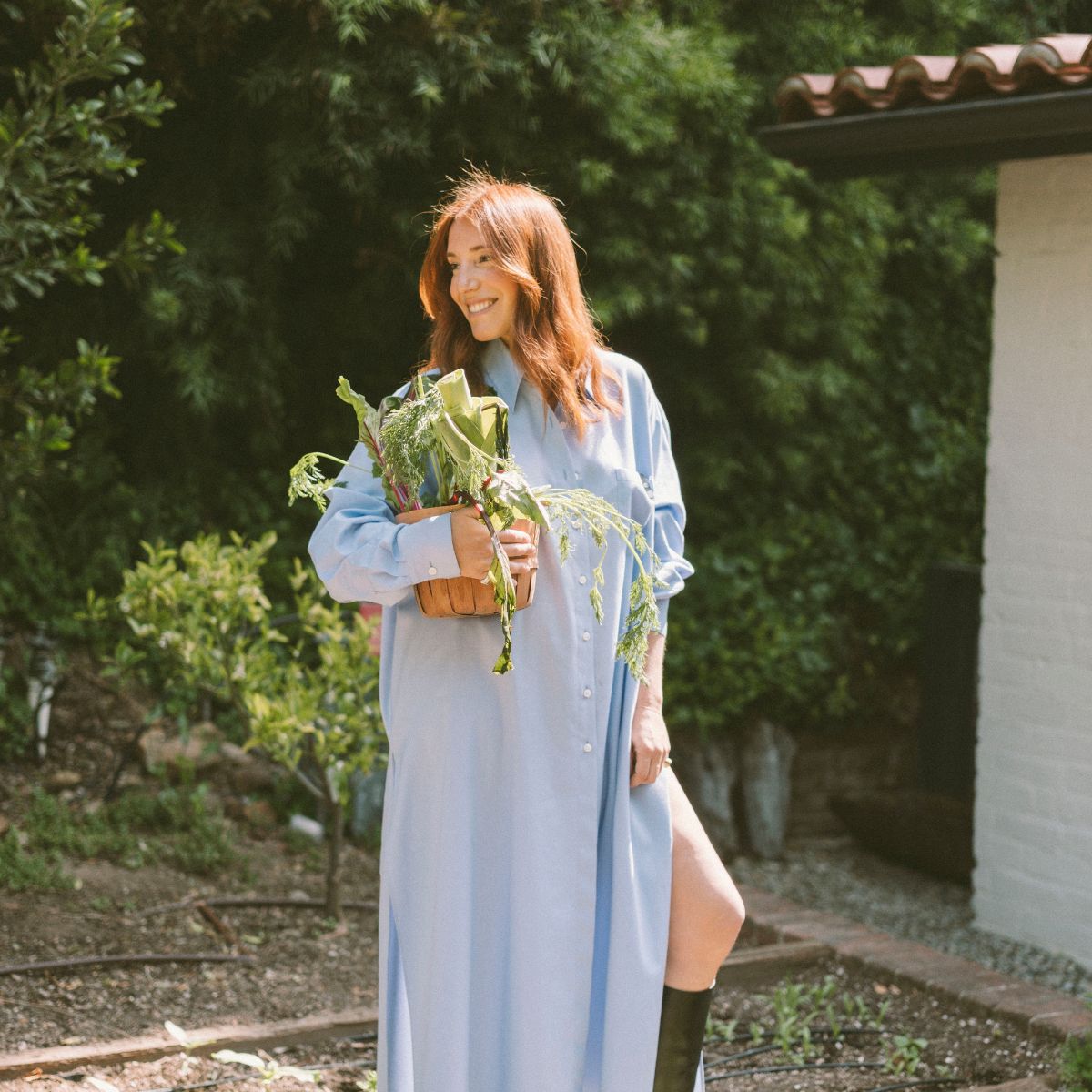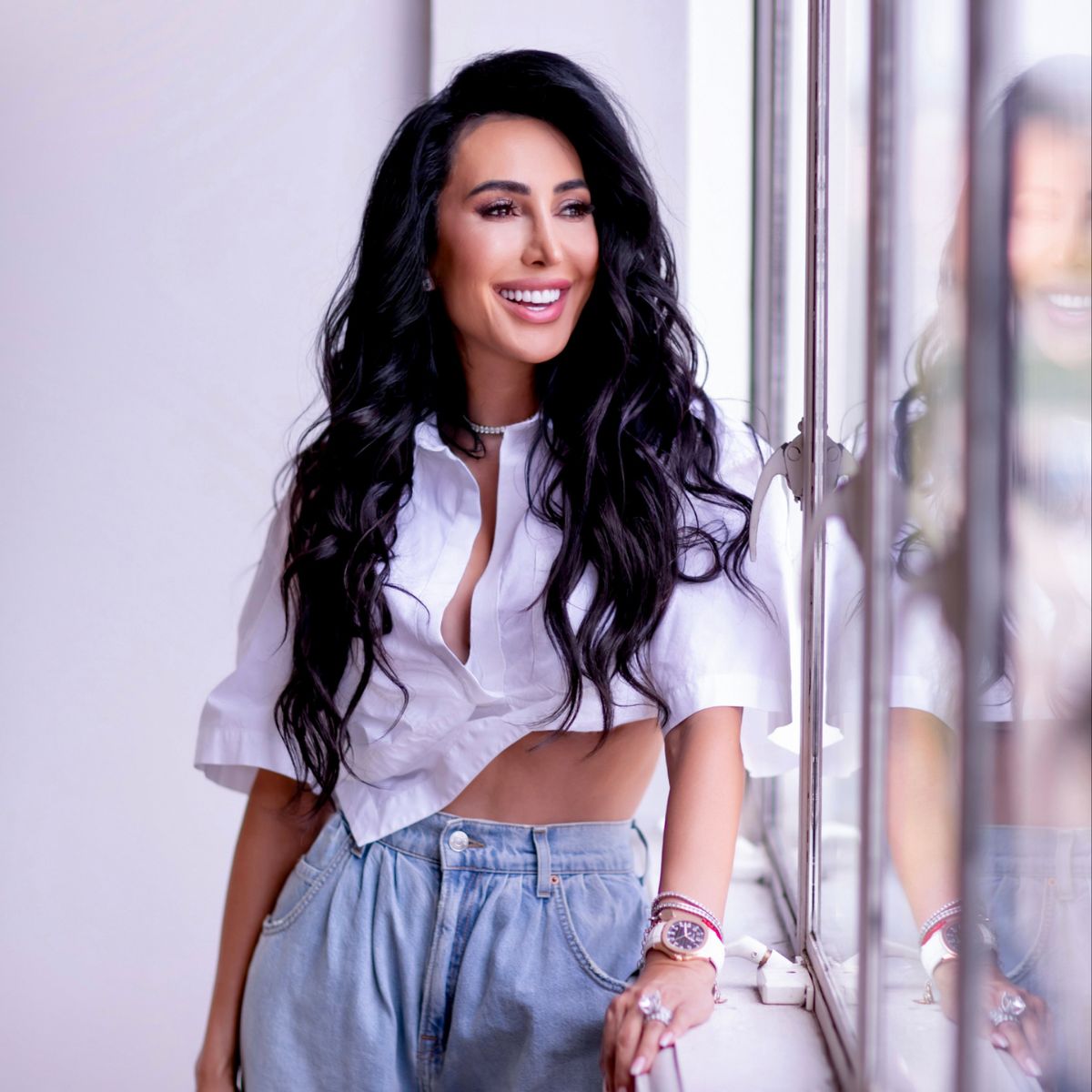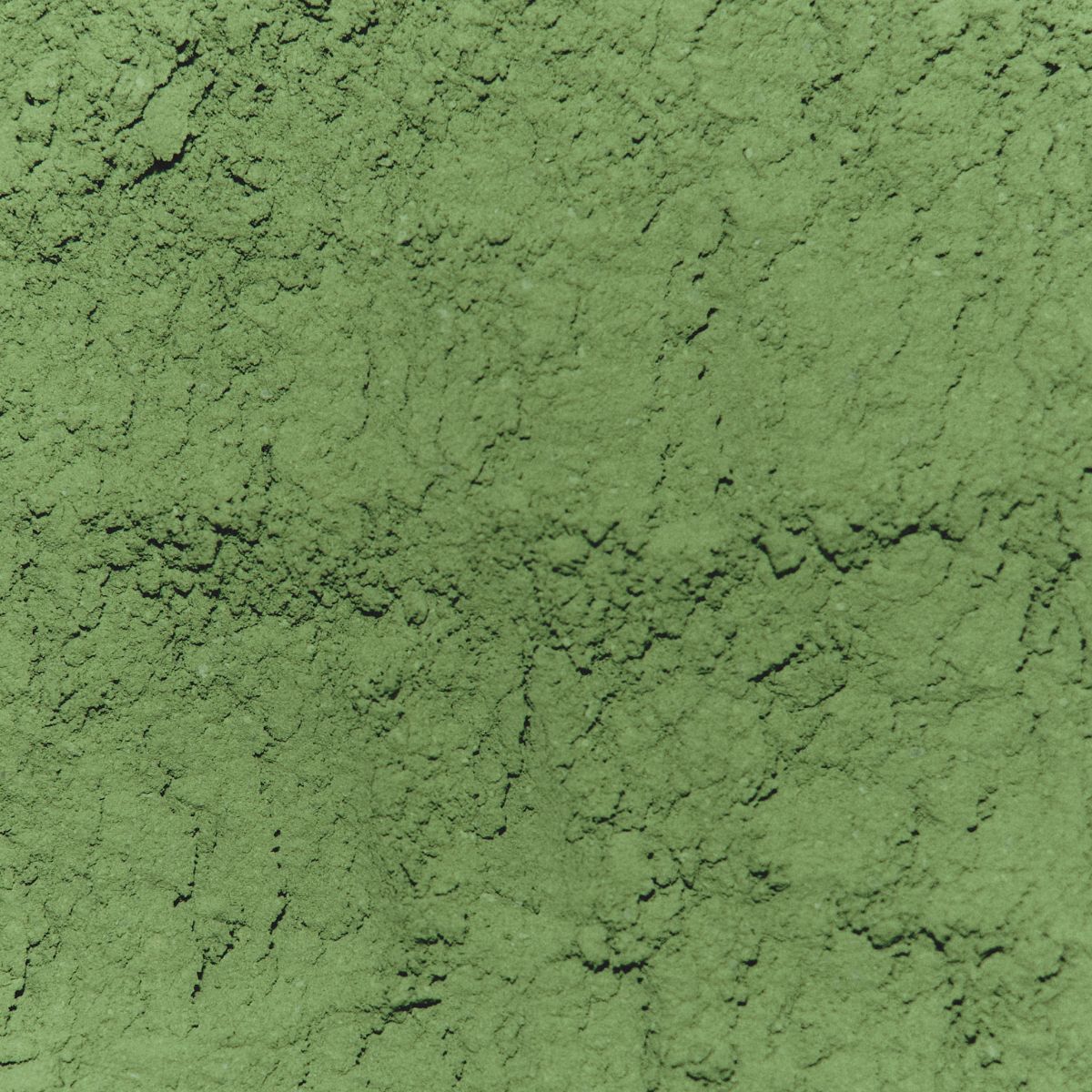This week, Elizabeth welcomes lifestyle journalist and author of The Dry Challenge, Hilary Sheinbaum. Hilary talks about her fun career path covering Hollywood’s biggest stars to founding Going Dry and freelance writing for publications like The New York Times. Hilary shares her experience completing Dry January after making a New Year's bet and how it upleveled her life and showed her you don’t need alcohol to thrive. She provides tips for reducing or abstaining from alcohol and discusses her book Journal for Bad Days. Hilary and Elizabeth also discuss the power of getting 1% better every day and how taking a month off alcohol can prove that you really can do the hard things in life.
Podcast
Why Going Dry May Be Your Superpower and Tips for A (Very Fun) Non-Alcoholic Lifestyle
with Hilary Sheinbaum

You may also like
Mix & Match



